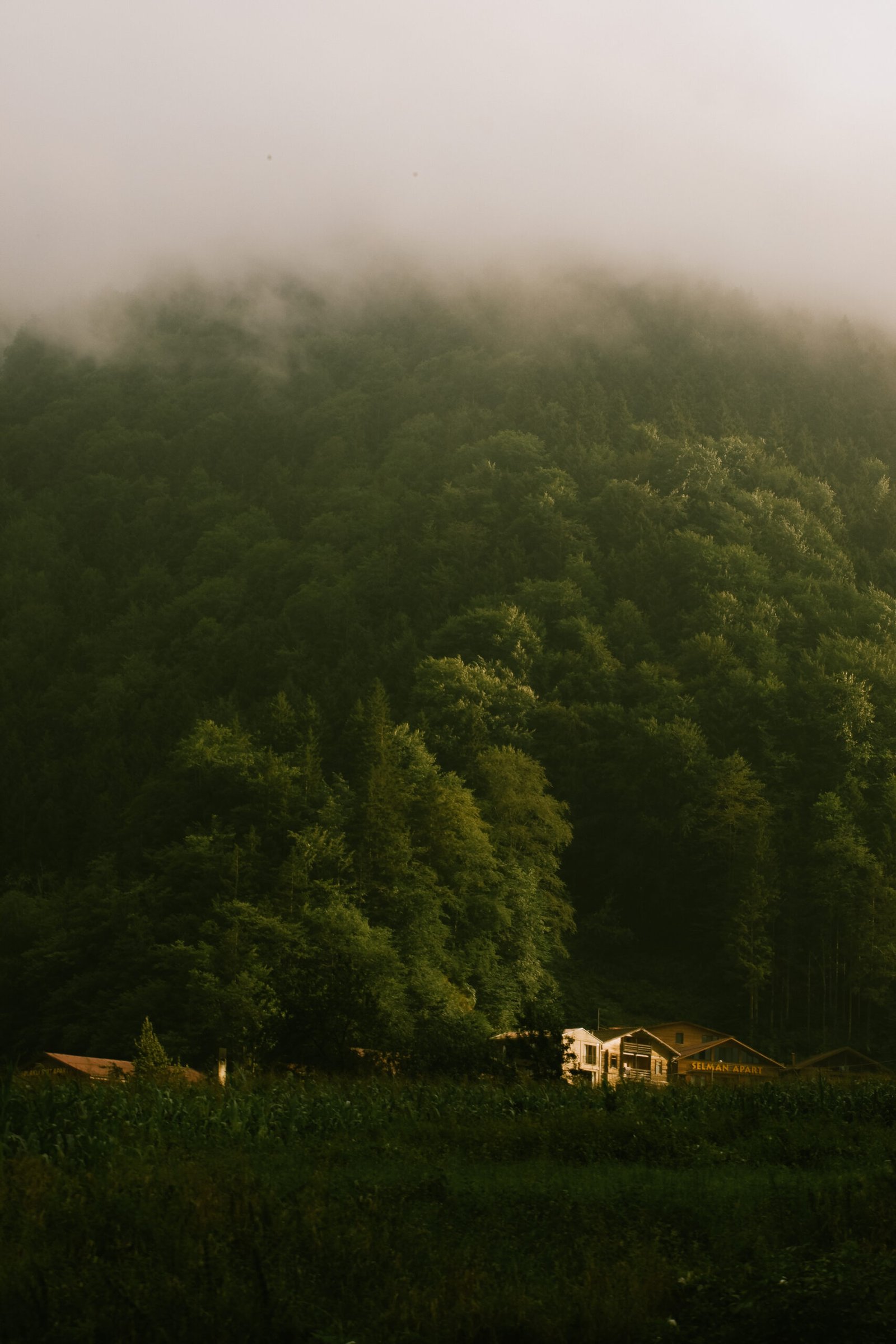
King Cove, Alaska
Imagine a city nestled in the heart of the Alaskan wilderness, where towering mountains meet the vast expanse of the ocean. Welcome to King Cove, a place where untamed beauty intertwines with rugged charm. As you roam the streets of this small Alaskan community, you’ll discover a close-knit society that thrives in the face of adversity. With its breathtaking landscapes and resilient inhabitants, King Cove is a hidden gem that promises to captivate your adventurous spirit.

Geography and Climate
Location and Size
King Cove is a small city located on the southern coast of the Alaska Peninsula. It is situated on a narrow strip of land between the Izembek National Wildlife Refuge and the Pacific Ocean. With a total area of approximately 28 square miles, it is relatively small compared to other cities in Alaska.
Topography
The city is surrounded by stunning natural beauty, characterized by rugged mountains, pristine lakes, and lush forests. The landscape is dominated by the towering peaks of the Aleutian Range to the north and the sweeping coastline along the Pacific Ocean to the south. The jagged terrain of King Cove contributes to its unique charm and provides opportunities for outdoor enthusiasts.
Climate
King Cove experiences a subpolar oceanic climate, with moderately cool summers and long, cold winters. The city is known for its high precipitation, receiving an average of 81 inches of rainfall annually. Winters can be particularly harsh, with heavy snowfall and freezing temperatures. The challenging weather conditions often pose challenges for transportation and access to essential services.
History
Early Settlement
The history of King Cove dates back to the indigenous Alutiiq people, who have inhabited the region for thousands of years. The Alutiiq people relied on the abundant marine resources for their sustenance and established seasonal settlements along the coast. The area where King Cove is now located served as a crucial trading and gathering point for various indigenous groups.
Russian Influence
In the 18th century, Russian fur traders arrived on the Alaskan shores and established a presence in the region. They built trading posts to facilitate the fur trade with the local indigenous population, further shaping the history of King Cove. The Russian influence can still be seen in some cultural aspects, such as traditional crafts and practices that have been passed down through generations.
American Settlement
With the purchase of Alaska from Russia in 1867, American settlers began to explore and settle in the region. King Cove became a hub for fishermen and traders, attracted by the rich fishing grounds and the strategic location of the city. Over time, the population grew, and King Cove developed into a vibrant and pivotal community on the Alaska Peninsula.
Demographics
Population
As of the latest census, King Cove has a population of approximately 900 residents. The close-knit community fosters a strong sense of belonging and camaraderie. Despite its small size, the city thrives on the warmth and support of its residents.
Racial Composition
The racial composition of King Cove is predominantly Native Alaskan, with the majority of the population belonging to the Alutiiq tribe. There is also a small percentage of non-indigenous residents, showcasing the cultural diversity that enriches the community.
Languages Spoken
English is the primary language spoken in King Cove, but the Alutiiq language also holds significance within the community. Efforts are made to preserve and revitalize the Alutiiq language through cultural programs and educational initiatives.
Economy
Fishing Industry
The fishing industry is the backbone of King Cove’s economy. The city is renowned for its abundant seafood, including salmon, halibut, and crab. Many residents work in commercial fishing or related industries, contributing to the city’s economic stability and sustainability.
Tourism
King Cove has also embraced tourism as a source of economic growth. Visitors are drawn to the city’s natural splendor, offering activities such as wildlife watching, hiking, and bird-watching in the nearby Izembek National Wildlife Refuge. The unique cultural heritage and the warm hospitality of the residents make King Cove a popular destination for travelers seeking authentic Alaskan experiences.
Government Jobs
As a remote community, King Cove relies on government jobs to provide employment opportunities. These jobs range from positions in local government offices to healthcare professionals working in the city’s medical facilities. The stability of government jobs helps to support the local economy and provide essential services to residents.

Infrastructure
Transportation
Transportation in King Cove is primarily reliant on air and sea routes due to its remote location. The city is served by the King Cove Airport, which provides connections to other cities in Alaska. Additionally, a ferry service operates between King Cove and nearby communities, ensuring essential transportation links within the region.
Education
The city of King Cove is committed to providing quality education to its residents. The King Cove School serves students from kindergarten through high school, offering a safe and nurturing learning environment. The school plays a vital role in preserving the local culture and promoting academic excellence.
Healthcare
Access to healthcare is a significant concern in King Cove due to its remote location. The city has a medical clinic that provides basic healthcare services, but for specialized care, residents often need to travel to larger cities. The limited healthcare facilities highlight the challenges faced by remote communities in providing adequate medical support.
Culture and Recreation
Traditional Native Culture
The Alutiiq cultural heritage is deeply ingrained in the fabric of King Cove. Traditional storytelling, dances, and art are celebrated as a way to honor and preserve the rich indigenous history. The community takes pride in passing down these traditions to younger generations, ensuring the continuity of their vibrant cultural identity.
Local Festivals
Throughout the year, King Cove hosts various festivals and events that showcase the community’s spirit and heritage. The Fourth of July celebrations are particularly noteworthy, featuring parades, live music, and cultural performances. These events bring together residents and visitors, fostering a sense of unity and pride.
Outdoor Activities
King Cove is a haven for outdoor enthusiasts, offering a wide range of activities throughout the year. The surrounding wilderness provides opportunities for hiking, camping, and wildlife spotting. Fishing and hunting are popular recreational pursuits, allowing residents and visitors to connect with nature and experience the thrill of the Alaskan wilderness.

Challenges and Issues
Limited Healthcare Facilities
The lack of comprehensive healthcare facilities is a significant challenge for King Cove. Remote communities like King Cove often struggle to attract medical professionals and provide specialized care close to home. This issue necessitates the need for improved access to healthcare services and increased investment in medical infrastructure.
Transportation Challenges
The remote location and challenging terrain of King Cove present transportation challenges. Harsh weather conditions, including heavy snowfall and rough seas, can disrupt air and sea routes, affecting the city’s connectivity. Reliable and efficient transportation infrastructure is crucial for the community’s well-being and economic viability.
Environmental Concerns
The pristine environment that surrounds King Cove is vulnerable to various environmental concerns. Balancing the ecological conservation of the Izembek National Wildlife Refuge while promoting sustainable economic growth poses a delicate challenge. The community works towards finding sustainable practices that minimize environmental impacts and ensure the preservation of their natural surroundings.
Community Initiatives
Healthcare Improvements
Aware of the need for better healthcare facilities, the community of King Cove has been actively advocating for improvements. They have been working with local and state authorities to raise awareness about the healthcare challenges faced by remote communities. Efforts are being made to attract medical professionals and secure funding for expanded medical services.
Infrastructure Development
To address transportation challenges, King Cove is investing in infrastructure development. Upgrades to the airport and ferry terminals are underway to improve accessibility and connectivity. These initiatives aim to enhance the community’s resilience while ensuring reliable transportation for residents and visitors.
Sustainable Practices
Recognizing the importance of environmental stewardship, King Cove has embraced sustainable practices. The community promotes responsible fishing practices and advocates for the protection of local habitats. In collaboration with environmental organizations, King Cove is actively involved in conservation efforts that preserve the ecological integrity of the region.
Transportation
Airport
The King Cove Airport serves as a vital lifeline for the community, connecting residents to the outside world. It offers regular flights to and from nearby cities, transporting essential goods and providing travel options for residents and visitors alike. The airport’s improvements, such as runway extensions and upgraded facilities, have increased its capacity and reliability.
Ferry
A ferry service operates between King Cove and neighboring communities, providing an alternative transportation option. It serves as a critical link for residents, particularly for those who need to transport larger goods or vehicles. The ferry route offers scenic views of the coastline, adding to the overall experience of traveling to and from King Cove.
Roads
King Cove’s road system connects various parts of the city and provides access to neighboring communities. Though the road network is limited due to the challenging terrain, it plays a vital role in local transportation. These roads are essential for daily commutes, facilitating the movement of goods and people within the city.
Notable Attractions
Izembek National Wildlife Refuge
The Izembek National Wildlife Refuge, located near King Cove, is a natural gem. Its diverse ecosystems, including lagoons, wetlands, and tundra, provide vital habitats for numerous bird species, marine mammals, and other wildlife. Visitors can explore the refuge through guided hikes, nature walks, and bird-watching opportunities, immersing themselves in the beauty of Alaska’s wilderness.
Cold Bay
Located a short distance from King Cove, Cold Bay offers stunning landscapes and recreational activities. Its vast coastline is perfect for beachcombing and wildlife spotting. Cold Bay is also known for its historical significance, serving as a World War II staging area and a refueling stop for aircraft during the Cold War.
King Cove Harbor
King Cove Harbor is a bustling hub for fishing vessels and boats. It showcases the city’s strong connection to the sea and its reliance on the fishing industry. Visitors can witness the vibrant atmosphere as fishermen unload their catch and local businesses thrive in catering to the maritime community.
King Cove, Alaska, captivates visitors with its awe-inspiring natural beauty, rich cultural heritage, and vibrant community spirit. From its remote location to the challenges it faces, the city remains determined to overcome obstacles and build a sustainable future. With an emphasis on preserving its traditions, improving essential services, and fostering economic growth, King Cove is a testament to the resilience and determination of Alaskan communities.
